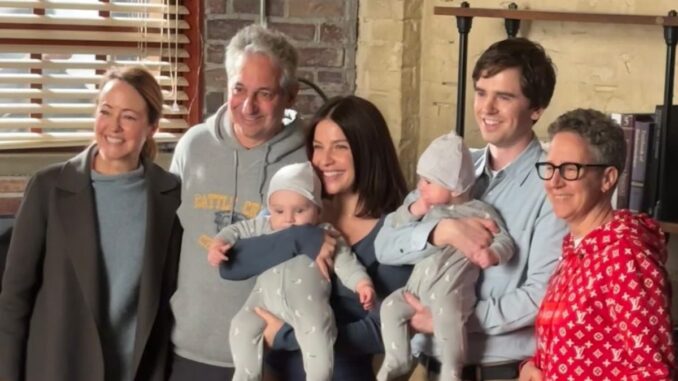
When The Good Doctor first premiered, it came with high expectations. For many viewers, medical dramas often draw instant comparisons to Grey’s Anatomy, a long-running series that has set its own standard for storytelling in the genre. But while The Good Doctor may not have followed the exact blueprint of its predecessors, it ultimately carved out an identity that placed it in a category all its own.
My introduction to the show came by recommendation from a new friend I met during clinicals for my CCMA program. At first, I struggled. The pilot didn’t capture me the way I had hoped, and my love for Grey’s Anatomy left me searching for familiar beats that simply weren’t there. I put the series aside, unsure if it was worth pursuing.
Yet, curiosity eventually pulled me back. After only a handful of episodes, I began to see what so many other fans had discovered. The Good Doctor was not created to mimic anything—it was created to set a new bar. The show distinguished itself with its authenticity, emotional depth, and careful pacing. Each episode felt deliberate, never rushed, and left me with the rare sense that every storyline was meaningful.
Over the course of seven seasons, I found myself fully immersed. In less than two months, I binged the entire series. Along the way, I laughed, cried, and connected with the struggles and triumphs of its characters. What struck me most was not only the growth of Dr. Shaun Murphy, brilliantly portrayed by Freddie Highmore, but also the development of those around him. The writing consistently balanced medical cases with deeply human stories that resonated with anyone who has ever felt like an outsider trying to prove their worth.
By the time I reached the series finale, I understood what made this show unique. Unlike many endings that feel hurried or incomplete, The Good Doctor gave fans a conclusion that was both heartfelt and satisfying. Every character arc was resolved thoughtfully, leaving no lingering “what ifs.” While its farewell was emotional, it was far from empty—it was a send-off that respected both the story and its audience.
Of course, the sadness remains. When a show of this caliber concludes, it leaves a void that no amount of binge-watching can immediately fill. The late nights, early mornings, and midday episodes that once became part of my daily rhythm are now memories. Still, there’s comfort in knowing that the series did not overstay its welcome. It ended with dignity, at the right time, and in a way that reinforced its legacy.
In a television landscape crowded with dramas vying for attention, The Good Doctor proved that it didn’t need to copy anyone else. It stood tall, authentic, and memorable—an achievement in storytelling that set a new standard for medical dramas to come. For that, both longtime fans and newcomers like myself owe the producers, writers, and cast a heartfelt thank you.
